Humans
Sign up for our newsletter
We summarize the week's scientific breakthroughs every Thursday.
-
 Health & Medicine
Health & MedicineBlame opioids for a fifth of young adult deaths in the United States
Of young adults aged 25 to 34 who died in 2016, 20 percent of those deaths were opioid-related.
-
 Health & Medicine
Health & MedicineExperts advise: Start colorectal screening at 45, not 50
The American Cancer Society recommends that colorectal screening begin at the age of 45 for average-risk individuals.
-
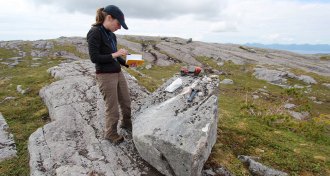 Climate
ClimateThe first Americans could have taken a coastal route into the New World
Alaskan glaciers retreated in time for ancient coastal entries of the first Americans.
By Bruce Bower -
 Health & Medicine
Health & MedicineFinally, a plan on how to include pregnant women in clinical trials
The FDA is providing initial guidance on how to include pregnant women in clinical trials that study drugs, research that has largely excluded this group in the past.
-
 Health & Medicine
Health & MedicineHurricane Maria killed at least 4,645 people in Puerto Rico, a study estimates
Researchers estimate Puerto Rico’s death toll from Hurricane Maria at more than 4,500 people based on household surveys — dwarfing the official count of 64.
-
 Health & Medicine
Health & MedicineKeeping people within U.S. blood pressure guidelines saves lives
Big reductions in heart attacks, strokes and deaths may be possible under 2017 blood pressure guidelines.
-
 Health & Medicine
Health & MedicineEven in the shade, a car’s interior can get lethally hot
A car’s interior can get lethally hot on summer days, even when it’s parked in the shade.
-
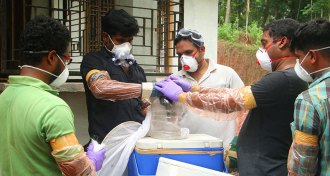 Health & Medicine
Health & MedicineHere’s what we know about the deadly Nipah virus
The deadly and rare Nipah virus has killed at least 11 people in southern India, causing concern among epidemiologists.
By Maanvi Singh -
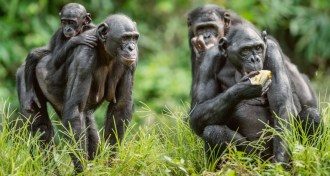 Animals
AnimalsPregnant bonobos get a little delivery help from their friends
As in humans, female bonobos become helpers for mothers giving birth, data from captive apes suggest.
By Bruce Bower -
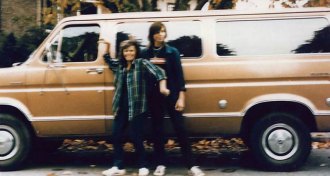 Genetics
GeneticsGenetic sleuthing again IDs a murder suspect in a cold case
The arrest of a second murder suspect with the help of genetic genealogy raises worries that suspicionless searches may be next.
-
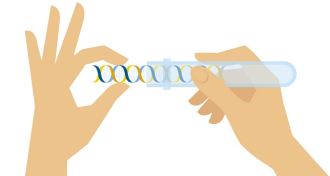 Genetics
GeneticsWhat genetic tests from 23andMe, Veritas and Genos really told me about my health
A Science News reporter tried out three consumer genetic testing companies to see what people really learn about their health.
-
 Health & Medicine
Health & MedicineBlack children commit suicide at twice the rate of white kids
The suicide rates for young black kids are higher than those of their white counterparts, a pattern that flips in older kids, researchers find.